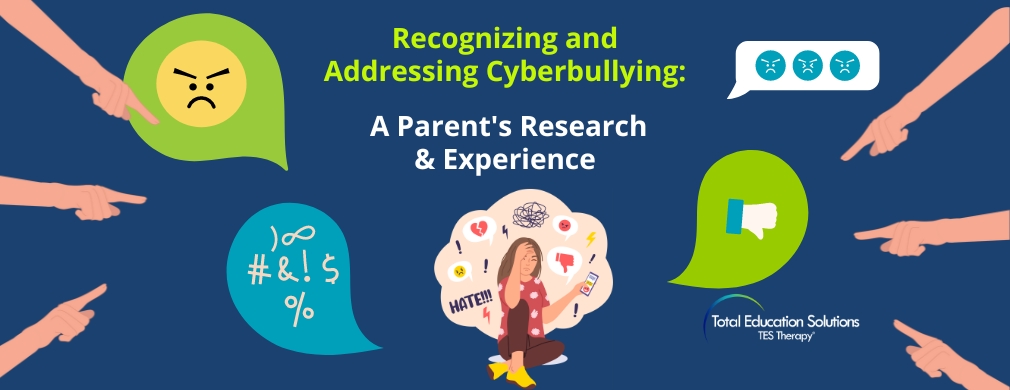We are all struggling to balance work (or work from home), self-care, and caring for our children and extended family members while keeping our own and others’ worries under control. So how can we help ourselves, our children, and our extended family members during this time of change and uncertainty? Here are a few tips.
1. Parents, take care of yourself first!
Find time for yourself. Find a way to exercise, even if it is just doing stretches. Take a hot bath. Listen to music. Read a book. Watch a good movie or your favorite TV show with your family. Manage your consumption of news.
2. Different children have different reactions.
Some children are enjoying the time off from school. Other children miss their friends and social activities. Still other children are afraid of falling behind in their classes, missing coursework, or not being able to earn enough credits to graduate high school on time. Children experience a sense of loss when they have had to give up sports programs, the school play, or playing with friends after school and on weekends. For special needs children, any disruption of their ordinary routines can be especially traumatic and challenging for parents and families to handle.
3. Create family routines and schedules, yet remain flexible.
Structure makes us all feel safe, especially during times of upheaval. Work in partnership with your children to plan a family schedule three days in advance. Make an agreement with your children to maintain a regular schedule for getting up in the morning and getting to bed at night; for mealtime hours; and for schoolwork and working from home each day. Include in your family schedule time for exercise, recreation, and “down-time”.
4. Make Family-Time a priority in your family schedule.
Take advantage of having more time with your family to work in partnership with your children to create mutually enjoyable family activities: family movie night; family game night (using board games or the computer); family exercise; family craft projects or jig saw puzzles; family pet care; or family walks while maintaining social distancing.
5. Stay connected!
Staying connected is relatively easy for most of us who message our friends and family frequently. Yet, too much of a good thing can be too much. Make an agreement with your children to ensure that both your and your children’s solo TV and computer screen time, phone time, video chats, and social media does not interfere with your family time together. On the other hand, now is the time to reach out to “long lost friends” or extended family members with whom you have lost touch. Vision or hearing loss, dementia or Alzheimer’s disease creates even more social isolation for elderly family members living in independent, assisted living or nursing homes. Friends and family are the glue that binds us together during difficult times.
6. Reassure your teen about the need for physical distancing.
For teenagers, physical distancing is especially difficult since being with friends is what being a teenager is all about. Remind your teen that physical distancing is not only about protecting them, it is about protecting your family, and others as well. Luckily, we are in an age where social media allows teens to stay connected. Yet, don’t forget to make agreements with your teens about how and when they use social media in order to ensure their own safety and the safety of their friends, to protect them from bullying (or bullying others), and by monitoring their access to inappropriate internet sites.
7. Slow down.
Now is the time to take a deep breath and enjoy this reprieve from our usual hectic schedules, carpools, appointments, social, and school events, etc. Dive more deeply into your long held spiritual or religious practices with your children. Or, join with your children to learn new mindfulness, gratitude, yoga, or tai chi practices that have been designed over thousands of years to “quiet our minds”. Together with our children, we can link with our community or explore entire new worlds through our smart phones and computers while maintaining social distancing at home.
8. We act as mirrors for our children.
Remember, our children look to us for a sense of security, well-being and love. Reflect back to your children your love and acceptance of them, no matter your or their moods, feelings of anxiety, or levels of boredom or frustration. As parents, we need to remind ourselves that we are all learning to navigate this new world of social distancing. A basic premise of my Taking Charge® for Parents and Caregivers Workbook is that we are all innate learners, and we are whole, able and complete just as we are and just as we are not. When tensions arise, remember to stop and take a deep breath. Remind your children that we are all in this together. Our goal is to create a family environment of mutual support, mutual learning, mutual trust, and mutual respect.
Finally, we must all express our deep gratitude to those who are working outside their homes to provide us with essential services, keep our local schools and other services alive, and protect our safety on the mountain. And, remember, you are not alone. If you find that you want more support, don’t hesitate to reach out to the community resources we have available to us. Need someone to talk to? Contact the California Peer Run Warm Line at (855) 845-7415 or the San Bernardino County Behavioral Health ACCESS number at (888) 743-1478.
Dr. Lavelle received her Ph.D. in Educational Psychology from UCLA. She founded a non-profit organization, the Institute for the Redesign of Learning in 1974; a private company, Total Education Solutions, Inc., in 1997; and Taking Charge, LLC in 2005. She is the creator and principal author of several training programs for educators, therapists, administrators, and others working with learners of all ages and all abilities including the Taking Charge® Parents and Caregivers Workbook (2019).


 28 Apr 2020
28 Apr 2020 







